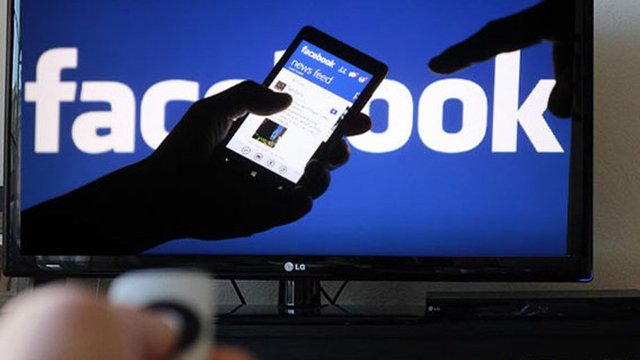How Social, Mobile Are Transforming Entertainment Marketing
January 10, 2018
“The perfect companion for mobile is social,” said Facebook head of industry, entertainment division Gwen Throckmorton during a CES 2018 panel. “Match that with entertainment, and the combination yields a variety of opportunities. What we see is that, through stories, people are looking to find meaning, connect and share.” A group of marketers, moderated by Deloitte Consulting managing director Rob Aitken, examined the parameters of social as a factor in marketing, and one panelist stressed it begins with mobile.
“You can’t underestimate that it starts with mobile,” said BBDO New York chief marketing officer Tara DeVeaux. “It’s less about short versus long format and more about understanding consumer behavior. Then we have to do all of it and be great at all of it.”
Business Insider chief revenue officer Pete Spande noted that people are already consuming more hours than there is in a day — 33 to be exact — due to multitasking. He agrees with DeVeaux’s assessment of mobile. “Once we discovered the phone had an app experience, it was additive,” he said. “We’re now at a pace where it’s an attention share battle.”
Throckmorton added that, “it’s shifted from time spent to time well spent.”
J. Walter Thompson Atlanta chief operating officer Spence Kramer reports that format and style are constantly changing. “All these changing formats and norms are taking place at the same time,” he said. “It’s extremely challenging for creators, consumers and advertisers.” Spande agreed, saying “social platforms have a fast metabolism when it comes to iterating products.”
“I could argue sometimes too fast,” he said. “It’s hard to optimize on a platform that itself is optimizing.” Throckmorton added that, “as new formats emerge, people will challenge the way engagement is measured.”
Shareablee chief executive Tania Yuki noted that, “our mission as marketers and content creators is to find underserved audiences or unmet interests and craft content to meet those needs.” “It’s why you see micro-content creators doing well,” she said. “But how to take this information and craft it into great content on the fly is still a big challenge.”
Influencers don’t work well by simply regurgitating messages, said the panelists. “The influencer is more about how to behave,” said Kramer. “People watch to learn how they can become a mini-influencer.” DeVeaux said that the influencer’s role is “to introduce Brand X to a new audience or communicate value to that audience.”
“But the brand needs to do work to be entertaining or useful to that audience,” she said. “If they’re not doing that and relying heavily on the influencer, then you do get into trouble if that influencer gets into trouble.”
Asked for their “bold predictions” for 2018, Spande said we’ll see a “Blair Witch” moment “that changes how people think about marketing on social.” “We haven’t seen it yet but we will,” he promised. Yuki believes, “there will be no further delineation between watching full format on social media or TV.”
“We’ll really embrace that programs can be launched and consumed in their entirety on social,” she said. Kramer countered that he’s a believer in large-scale entertainment, and Throckmorton believes Messenger will “fundamentally change how we communicate.”
“I think that we have just scratched the surface of social being used as a catalyst to drive change,” concluded DeVeaux. “We would never have imagined that a hashtag would completely transform how Hollywood behaves, but it’s done that and it’s just the beginning.”


No Comments Yet
You can be the first to comment!
Sorry, comments for this entry are closed at this time.